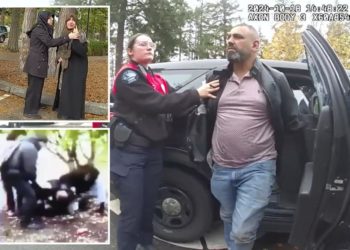In June, on the eve of a House vote to strip $500 million in federal funding from public radio and TV stations, a group of philanthropists gathered in Philadelphia to brace for the worst.
They listened as Tim Isgitt, the head of a public media consulting firm, laid out the potential for what he called a doom loop — a catastrophic situation caused by the sudden elimination of federal funding. The closure of roughly 115 local radio and TV stations, he said, could result in fewer dollars in the public media system to pay for programming. And that, in turn, could eventually cause other local stations to close.
Now, some of those philanthropists are banding together in hopes of staving off that worst-case scenario by providing an emergency $26.5 million cash injection to stabilize the stations most at risk. The group is aiming to raise additional money for the fund and hopes to reach $50 million this year.
“We believe it’s crucial to have a concerted, coordinated effort to make sure that the stations that most critically need these funds right now have a pathway to get them,” said Maribel Pérez Wadsworth, the president and chief executive of the Knight Foundation, which is among the major backers of the fund.
The money is not aimed at PBS and NPR, well-funded national organizations that will survive without government support. Instead, the Knight Foundation and others are focused on the scores of public radio and TV stations that have historically received more than 30 percent of their support from the Corporation for Public Broadcasting, a taxpayer-backed company that announced it would shut down because of the funding cuts. Many of those stations are in rural areas, like remote regions of Alaska and Kansas, where residents don’t have access to alternate sources of news and information.
The Knight Foundation is committing $10 million to the fund, which aims to disburse the money before the end of the year. Together with Knight, the Ford Foundation, the MacArthur Foundation, the Schmidt Family Foundation, Pivotal Ventures and the Robert Wood Johnson Foundation have already committed nearly $27 million of additional money for the effort, called the Public Media Bridge Fund.
Thank you for your patience while we verify access. If you are in Reader mode please exit and log into your Times account, or subscribe for all of The Times.
Thank you for your patience while we verify access.
Already a subscriber? Log in.
Want all of The Times? Subscribe.
The post The Race to Rescue PBS and NPR Stations appeared first on New York Times.




